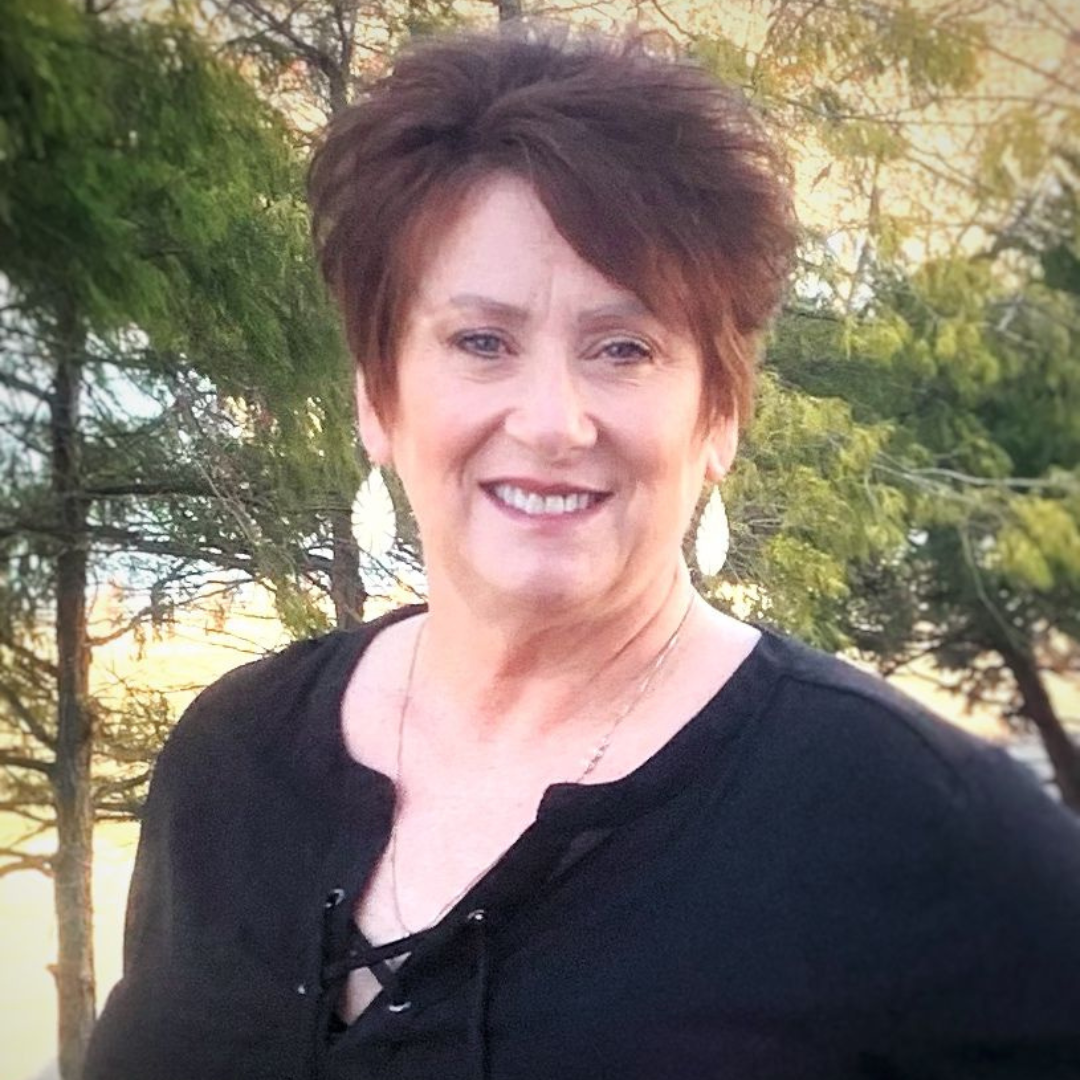By now, all of us have felt the effects of our state’s opioid crisis. Nearly every West Virginia resident knows someone whose life has been tragically cut short by addiction.
In his first book, “Death in Mud Lick: A Coal Country Fight Against the Drug Companies That Delivered the Opioid Epidemic,” Pulitzer Prize-winning author Eric Eyre examines the roots of this health crisis and the role corporate pill pushers played in bringing our state to its knees under the weight of prescription opioid drug abuse.
The book delves into the origins of huge shipments of pain pills sent to West Virginia and connects the dots between those shipments and our state’s No. 1 ranking in overdose deaths.
From 1998 until this April, Eyre was an investigative reporter for the Charleston Gazette-Mail. Because of his work, the Gazette-Mail became the smallest newspaper ever to win a Pulitzer Prize for investigative reporting, in 2017. That research and fact-finding journalism is the foundation of this book. Eyre manages to get the scoop despite any number of tactics deployed against him by drug companies, judges and politicians.
He tells the story of Debbie Preece and her pertinacious fight for justice after losing her brother to an overdose of prescription pain pills. He also unravels the tale of the tiny Sav-Rite Pharmacy in Kermit, West Virginia, and the part it played in enabling the abuse of those pills to take root and flourish across our state over the past decade or two, affecting the Preece family and thousands of others like them.
Sav-Rite Pharmacy served the small town of Kermit, population 382. This pharmacy received and sold in excess of 9 million opioid pain pills in a two-year period; if you do the math, that’s more than 23,000 pills for each resident of the town. According to the book, a legal “cartel” of sorts existed in the twisted network of suppliers, doctors, clinics, pharmacies and crooked government agencies that allowed these huge shipments of pills to flow unchecked into Kermit and other small towns in the same area.
The book tells of a carnival-like atmosphere at the Sav-Rite. At any given time during business hours, dozens could be seen enduring long waits in line to have their prescriptions filled. Most days, there was even a trailer set up in the parking lot to serve customers popcorn and other refreshments while they waited. Nearly all customers exited Sav-Rite with nothing more than a small white prescription bag in hand. Many could then be seen selling their prescriptions illegally to others whose cars filled nearly every parking spot in sight.
Eyre believes that our state was specifically targeted to be the recipient of these shipments because we are known to be worker bees who hold down jobs that often lead to pain and injury. What better place to start the vicious cycle of prescribing highly-addictive pain drugs, making them easy to obtain, then continuing to prescribe them for profit to people who become hopelessly hooked on them? An endless circle of grief and despair for West Virginia families; a bottomless flow of cash to the suppliers and their henchmen. Many people lined their pockets and became rich while thousands of others hit rock bottom and paid with their lives.
Readers will quickly realize that those who put profits above the welfare of people have blood on their hands because of the greed in their souls.
This work is a testament to determined and heroic West Virginia journalism. In a time when “fake news” is the catchphrase of the day, Eyre’s book underscores the importance of American newspapers of all sizes. Even the smallest towns deserve dedicated journalists who are unwavering in their quest to uncover and report the truth despite the difficulties they encounter.
Readers will find themselves following the trail of pills from well-known manufacturers down the supply chain to bogus pain clinics and on to unsuspecting and often innocent patients. All the while, the DEA and other agencies and individuals turn a blind eye to the situation as it snowballs out of control.
“Death in Mud Lick” is available on Amazon and proves the old adage that the truth can be far more riveting — and addictive — than fiction.
• A lifelong Wheeling resident, Ellen Brafford McCroskey is a proud graduate of Wheeling Park High School and the former Wheeling Jesuit College. By day, she works for an international law firm; by night, (and often on her lunch breaks and weekends) she enjoys moonlighting as a part-time writer. Please note that the views expressed in her writing are solely her own and do not necessarily reflect those of anyone else, including her full-time employer. Through her writing, Ellen aims to enlighten others on causes close to her heart, particularly addiction, recovery and equal rights. She and her husband Doug reside in Warwood with their clowder of rescued cats, each of whom is a direct consequence of his job as the Ohio County Dog Warden. Their family includes four adult children, their spouses and several grandkids.



